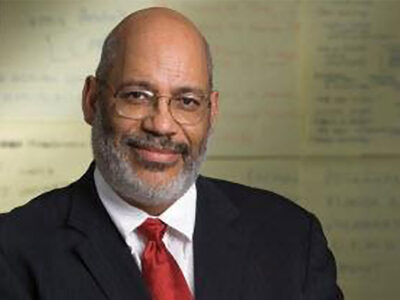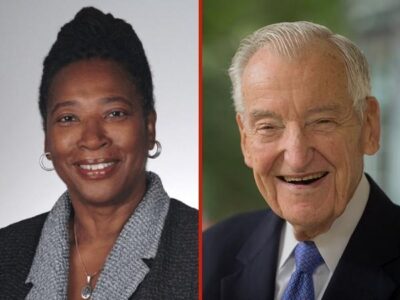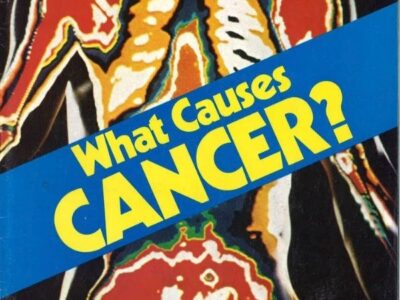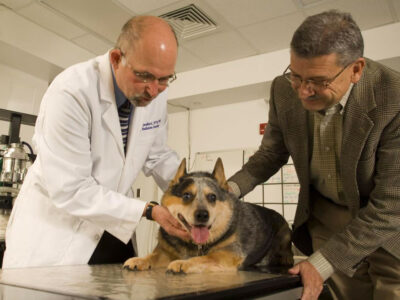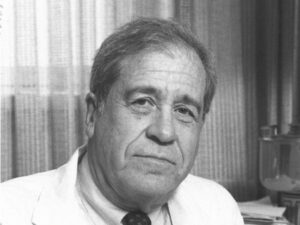Since its first annual meeting in 1964, the American Society of Clinical Oncology has outgrown most U.S. convention centers—and has fostered the growth and development of generations of oncologists.
This June, the Cancer History Project will be focusing on the stories of survivors. Today, we are highlighting a 1991 excerpt from the National Coalition for Cancer Survivorship’s quarterly publication, the NCCS Networker, with commentary by Lovell Jones, a researcher whose work focuses on health disparities.
“Jim Allison: Breakthrough,” a documentary released in 2019, tells the story of 2018 Nobel Prize winner Jim Allison’s quest to cure cancer and the development of ipilimumab.
The Cancer History Project is focusing on health equity and the evolution of ethics in clinical trial research during the month of May.
John Mark Cleland, the first man to be cured of metastatic testicular cancer, died Feb. 7, 2022 in Indianapolis. He was 71.
Join Karen Knudsen, CEO of the American Cancer Society, May 9 at 6 p.m. EST in conversation about health equity as it relates to working with communities and advocating for access to care.
When a Galapagos tortoise suffering from sarcoma needed help in 1983, zookeepers at the Staten Island Zoo called Mark Dewhirst, DVM, PhD, a young scientist at the University of Arizona who had been conducting clinical trials on dogs using radiotherapy.
Jerome Yates became a cancer doctor during a time when medical oncologists were thought to be what he describes as “the garbage collectors of medicine.”
Join the Cancer History Project April 20 at 7 p.m. EST for a panel moderated by Dr. Narjust Duma of Dana-Farber Cancer Institute. Four directors of NCI-designated cancer centers will discuss their unique perspectives as immigrants—and leaders in oncology. Topics will cover their unique pathways to leadership, diversity in medicine, and challenges faced by international medical graduates.
Bernard Fisher revolutionized the understanding of breast cancer—but 28 years ago this week, NCI jettisoned him from his position as chair of the National Surgical Adjuvant Breast and Bowel Project.



